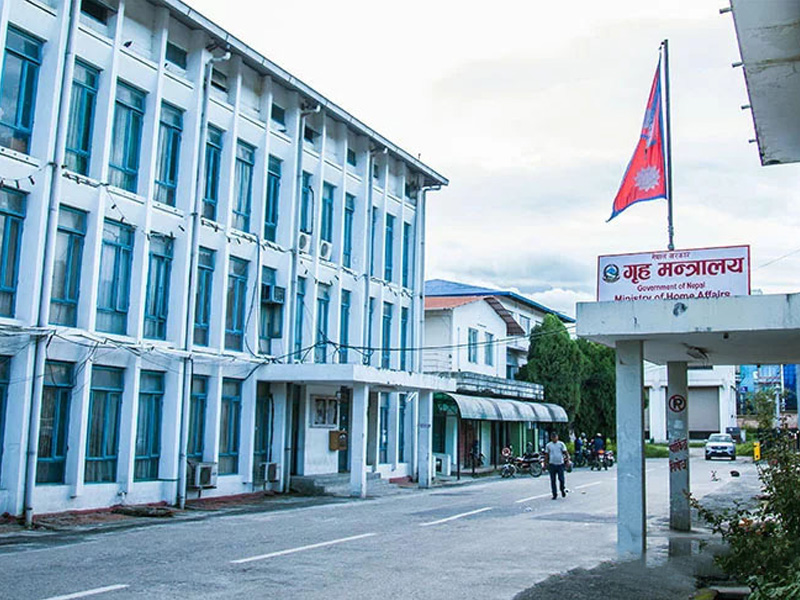Wednesday 17th April 2024

In a move addressing public citizenship concerns, the Ministry of Home Affairs (MoHA) directed district authorities to issue hereditary citizenships to children based on their parents’ resident proofs.
The Ministry took this decision while the Citizenship Act is currently under discussions in the Federal Parliament.
As part of parliamentary discussions, lawmakers have been debating with different opinions on provisions of the proposed Citizenship Act.
While some argued for citizenship based on the basis of mother’s proofs, the others favored citizenship for spouses marrying Nepali nationals.
Considering the arguments, the Home Ministry proceeded with the Supreme Court’s judgment for citizenship on the basis of a mother’s name.
Based on this, the Ministry directed all the district-level authorities across the country to issue citizenship on the basis of hereditary, in line with the Nepal Citizenship Act, 2006, Nepal Citizenship Rules, 2006 and the Citizenship Certificate Distribution Procedures Directives, 2006.
The Ministry raised a serious concern over the consequences that deprived public of their rights on citizenship.
There has been a serious discussion around the citizenship rules, with public reporting concerns from the experiences they had at district-level offices.
In one of the cases at the Kathmandu District Administration Office (DAO), where an individual was denied citizenship for his daughter of Nepali descent by birth.
Despite the new constitutional rule that entitles citizenship to daughters of citizens by descent, the district officials had denied issuing the same, citing lack of supporting laws in the country.
“I do not blame Kathmandu DAO because I know that, in the absence of law, the officers cannot issue citizenship. But such a vital law should have been enacted soon after the promulgation of the constitution,” says a citizen.
Hope the new decision by MoHA will address the long-standing concerns of Nepali citizens.